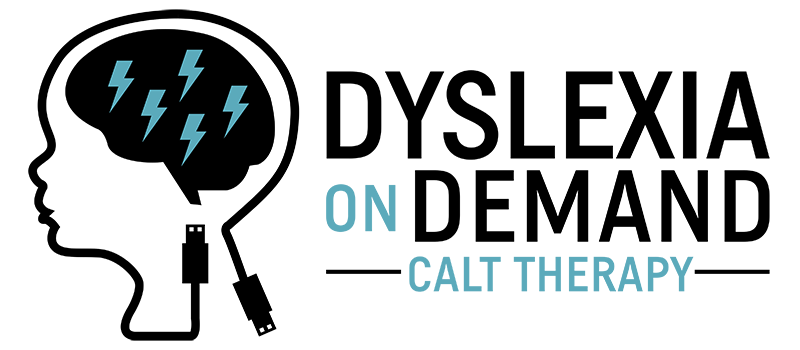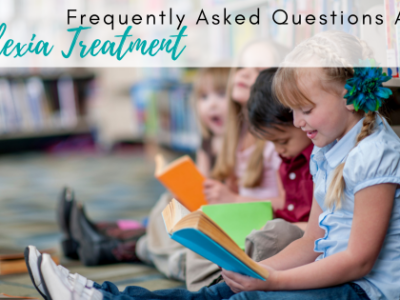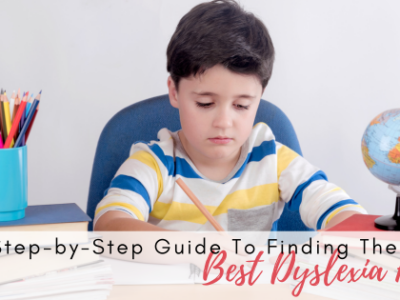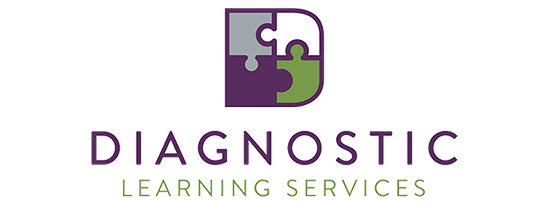
9 Things To Know About Adults with Dyslexia
As dyslexia screening becomes more prevalent and awareness becomes more widespread, children with dyslexia are usually identified early in their educational careers. That hasn’t always been the case however, and many adults with dyslexia have never received any assitance in overcoming it.
While adults with dyslexia may have improvised coping mechanisms, the learning difference can still have a profound effect on everyday activities. Read on for nine things to know about adults with dyslexia.
Spelling and reading with dyslexia will continue to be a challenge: Adults with dyslexia have likely had difficulty with both spelling and reading for their entire lives. Many may have developed work-arounds such as memorizing whole words, but dyslexia is not something that people “grow out of.”
It is not uncommon: The latest research indicates that about 20 percent of the population is challenged by some level of dyslexia. Whether you had help as a child or just masked your symptoms, you are not alone in dealing with the challenges of this learning difference.
There’s help out there: Children aren’t the only ones being helped with their dyslexia. Many services are available that offer dyslexia treatment for adults including at the Neuhaus Education Center. Your treatment may involve help with reading skills as well as occupational therapy to help you address your dyslexia at work. Technology can also help — including audiobooks and speech to text programs. Services such as Resume Builder can also assist with tools and resources to help with career development.
It’s never too late: While much attention is given to dyslexia therapy for children, even as an adult you can benefit from dyslexia treatment. There are several strategies and tactics that will help you overcome dyslexia, no matter what your age. Contact Dyslexia on Demand or the Neuhaus Education Center for a referral to specialists who can help adults with dyslexia.
Low self-esteem may be a secondary problem: Just like with children, dyslexia in adults can have secondary issues, including self doubt and low self esteem. Adults with dyslexia may have spent years feeling that they are not as smart or as capable as their peers.
It’s often genetic: Dyslexia is widely considered to be inherited, although it may skip a generation. If you are challenged by dyslexia, it is likely that your children may be as well — making early intervention particularly important.
Fonts matter: No matter what their age, people with dyslexia may have more difficulty with certain fonts. Fonts without a lot of adornment, such as Arial, Verdana and Helvetica are the easiest for dyslexics to read. Serif fonts, such as Times New Roman, Garamond and Courier can be more difficult as can script fonts. Open dyslexic is a free font designed to be easier to read for dyslexics.
A different way of thinking: While many focus on the challenges presented by dyslexia, the diagnosis is not all bad. Dyslexics often have an out-of-the-box, creative way of thinking that can be particularly appealing to innovators and entrepreneurs.
Dyslexia can manifest itself later in life: While most individuals with dyslexia are born with the condition, it can also manifest after a traumatic brain injury or as a side effect of dementia.
If you are an adult with dyslexia who has children, having them screened would be prudent. If your children have dyslexia as well, Dyslexia on Demand can help with dyslexia therapy. Contact us to learn more today.







